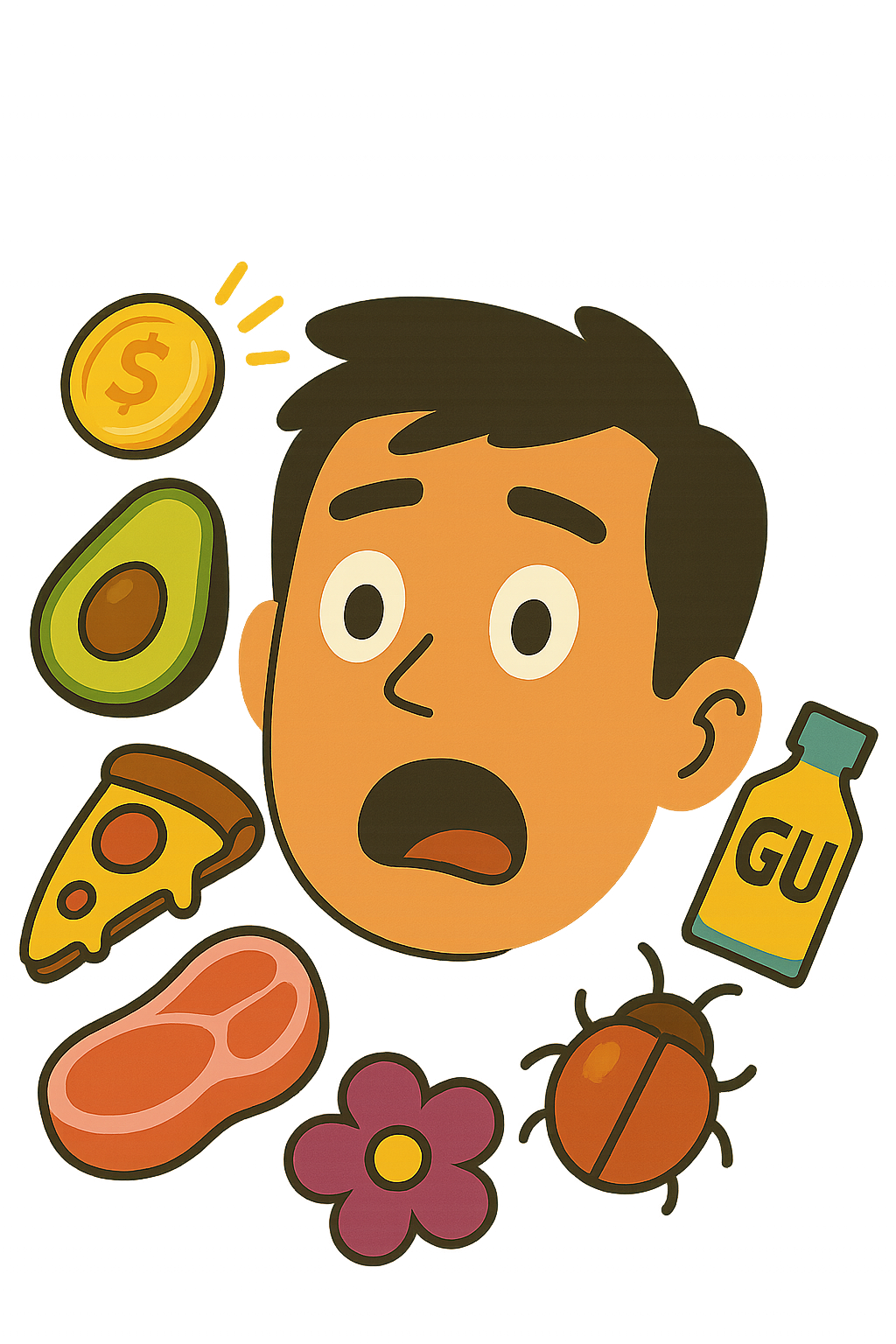Can I eat kopi luwak coffee?
Quick Answer
No
Kopi luwak coffee is not meant to be eaten. It is a type of coffee that involves a specific process where the coffee cherries are eaten and excreted by a civet. After the cherries are excreted, the beans are collected, cleaned, and roasted for brewing coffee. Consuming the coffee beans directly may not be safe or enjoyable.

What Is It?
Kopi luwak coffee, also known as civet coffee, is a type of coffee that includes part-digestion by the Asian palm civet. The civets eat the coffee cherries for their fruit pulp and in the process, they excrete the beans, which are then collected, cleaned, and roasted.
Historical Context
Kopi luwak originated in Indonesia during the Dutch colonial period. The native farmers and plantation workers were forbidden from picking coffee fruits for their own use and were left to scavenge the fields at night, collecting the beans from the civet’s waste to make their own coffee.
Why It Can Be Risky
There are several risks associated with consuming kopi luwak coffee:
- Health risks: The beans pass through the digestive tract of a civet, and if not properly cleaned and roasted, they could carry diseases.
- Ethical risks: There are concerns about the treatment of civets in the production of kopi luwak. Many producers keep civets in poor conditions and force-feed them coffee cherries.
Safe Alternatives
There are many other specialty coffees that are ethically sourced and do not involve animal digestion. These include single-origin coffees, organic coffees, and fair-trade coffees.